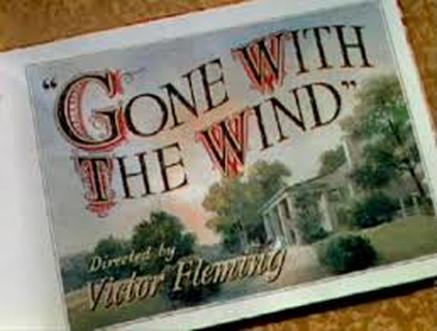Here at Comely Bank Publishing we receive a surprisingly large number of historical fiction manuscripts for consideration. (Interestingly, the genre seems more attractive to male writers.)
One all-too-common problem is that authors become obsessed with historical accuracy. It's not that hard to understand: they often spend years researching the background details and in some cases it all but takes over their lives. And when you've spent that much time on something, it's hard to bring yourself to discard it as irrelevant.
But fiction writers need to remember something. Historical fiction is fiction first, second and third – readers want to read a story, they don't want a history lecture. If they pick up a few little historical titbits along the way... well, fine, but that's not what they bought they book for. If they wanted to find out about the history, they'd have bought a history book. Dare I say it, by an expert.
My heart sinks when a writer starts to enthusiastically tell me about his or her current historical fiction manuscript and they start by telling me when it's set and what an interesting period it was. Frankly, any period in history can be interesting if it has a good story.
So here's my test for wannabe historical fiction writers: take the history right out of the book altogether, and pick out the story. What would the story be like in another era; what would be the story be like set today, right now?
That's what counts. Write that story out, then set it in your chosen background. And one more thing: don't bother about historical accuracy or research too much. Who cares if there's the odd mistake? It's just a story, after all.








